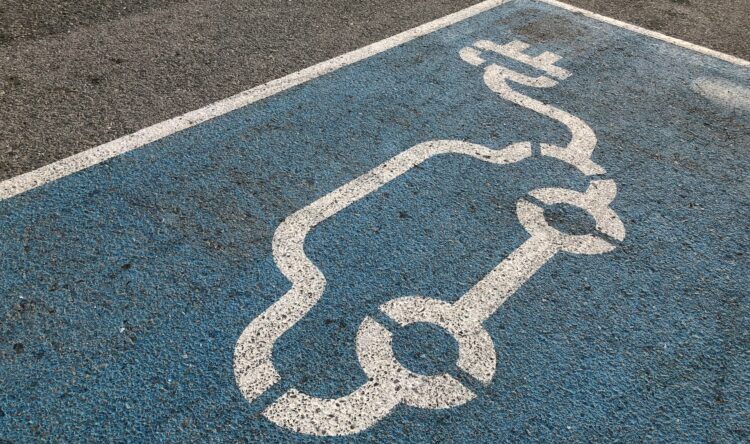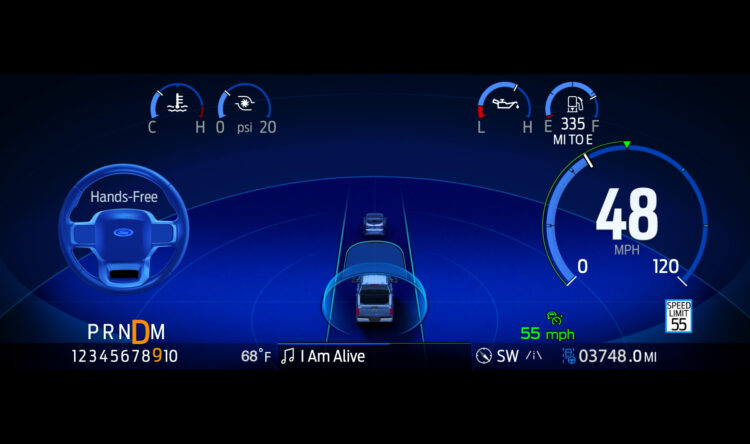Preparing machines for humans
How road rage really affects your driving – and the self-driving cars of the future
As we move slowly, but inevitably, to autonomous vehicles, how will they cope with unpredictable drivers?
The major challenge is how driverless vehicles will interact with other, human drivers. In reality, the new technology will be mixing with human drivers for some time as the technology and the benefits improve, and the public fully embrace it.
In the first study of its kind, aggressive driving behaviours have been categorised to show their impact on other road users, including self-driving cars of the future. It highlighting the perils of “road rage”, while helping autonomous vehicles identify potential aggressive driving in the surrounding environment.
Stay calm
This new research by the University of Warwick identifies characteristics of aggressive driving. These affect all road users, whether human or technology based.
It is the first study to systematically identify aggressive driving behaviours. Scientists have measured the changes in driving that occur in an aggressive state.
Aggressive drivers drive faster and with more mistakes than non-aggressive drivers. In turn, this puts other road users at risk and poses a further challenge to researchers working on self-driving car technology.
Detective Chief Superintendent, Andy Cox, warns of the perils of such driving. The latest research adds more force to his comments that the four-five deaths on UK roads daily are “predominantly caused by dangerous and reckless drivers”.
Preparing the road ahead
The study categorised aggressive driving behaviours and showed the key aspects of this dangerous driving style. Published in Accident Analysis and Prevention, it reported key findings:
- Aggressive drivers have a 5km/h mean faster speed than non-aggressive drivers;
- They also exhibit more mistakes than control groups – such as not indicating when changing lanes;
- This type of driving behaviour is categorised as intentionally endangering others psychologically, physically, or both.
Lead author of the study is Zhizhuo Su, PhD student, at the Institutes of Digital Healthcare and Intelligent Vehicles, WMG at the University of Warwick.
“While it’s unethical to let aggressive drivers loose on the roads, participants were asked to recall angry memories, putting them in an aggressive state, while performing a driving simulation,” states Su. “These were compared to a control group, who weren’t feeling aggressive.”
As the era of autonomous vehicles approaches, road traffic will be a mix of both autonomous and non-autonomous vehicles. There will always be aggressive drivers in the mix, or drivers who are unpredictable. This is a challenge for other road users, but could be even more difficult for self-driving vehicle systems.
“This is the first study to characterise aggressive driving behaviour quantitatively in a systematic way, which may help the autonomous vehicles identify potential aggressive driving in the surrounding environment.”
Slow improvements
Roger Woodman, Assistant Professor at WMG and co-author of the study, admits road safety has improved in all areas over recent decades. However, human fallibility remains an issue.
“Human error, which is often a result of aggressive driving, remains a leading cause of crashes. To make driving safer, our research focuses on methods for understanding the state of the driver, to identify risky driving behaviours, through the use of driver monitoring systems (DMS). This will enable the driver to be alerted when they are at an increased risk of an accident and allow the vehicle to deploy calming methods, such as altering the cabin noise level, playing relaxing music, or ultimately reducing the speed of the vehicle.”
Ongoing issues
Dept Chief Superintendent Andy Cox, is NPCC lead for fatal crash investigation and OCU Commander at the Metropolitan Police.
“In the UK, on average between four-five people die every single day in a road crash. This widespread devastation is predominantly caused by dangerous and reckless drivers. Having met many bereaved families who live with the lifelong heartache of prematurely losing a loved one in such a violent manner, I recognise the need to instigate substantial change across the road safety sphere; which includes driving culture, standards and legislative options.
“Those drivers who choose to commit road crimes such as aggressive driving, intimidating other sensible and safe road users – should recognise the risk they pose to themselves and others, and frankly the law should remember that a driving licence is assigned after a person demonstrates themselves to be safe and earns the right to drive. We should seek to maintain high standards and ensure the system sees the right to drive as a privilege rather than an entitlement. Currently I think the balance favours the individual rather than the law abiding collective.”
Read more
Read the full research paper and its conclusions here.







